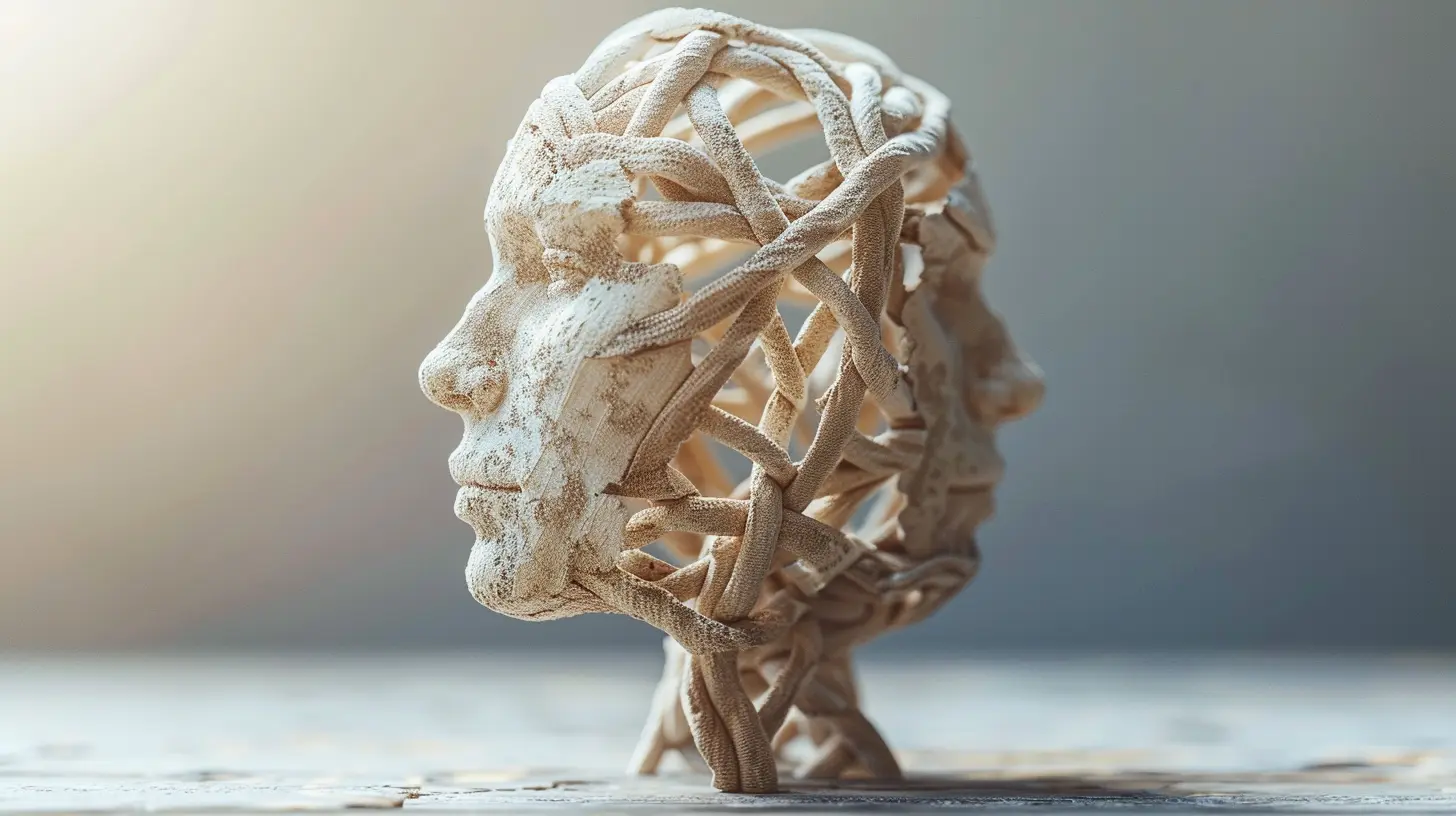The Role of Support Systems in Recovering from Trauma
21 November 2025
Trauma is a heavy burden to carry. It can feel isolating, overwhelming, and at times, never-ending. But here's the truth: No one has to go through it alone. Support systems play a crucial role in helping individuals navigate the aftermath of traumatic experiences. Whether it’s friends, family, therapists, or support groups, having people to lean on can make all the difference.
In this article, we’ll dive into why support systems are essential in trauma recovery, how different types of support impact healing, and ways to build a strong support network.

Understanding Trauma and Its Impact
Trauma isn’t just a "bad experience"—it’s something that shakes a person to their core. It can stem from various situations, such as accidents, abuse, violence, loss, or neglect. Trauma often leaves deep emotional and psychological scars, affecting a person's thoughts, behaviors, and even physical health.Some common effects of trauma include:
- Anxiety and depression
- Feelings of isolation
- Flashbacks and nightmares
- Difficulty trusting others
- Low self-esteem
- Physical health issues like headaches or fatigue
Healing from trauma takes time, patience, and, most importantly, support. That’s where strong support systems come into play.

Why Support Systems Matter in Trauma Recovery
No one heals in isolation. While some people might try to "manage" their trauma alone, research shows that supportive relationships help speed up the healing process. Here’s how:1. Emotional Validation
Trauma often causes people to doubt their feelings or suppress their emotions. Supportive friends, family, or therapists provide validation, reminding the person that their pain is real and their feelings are valid.2. Reducing Feelings of Isolation
Trauma can make people feel like no one understands them. A strong support system reassures them that they are not alone. Even just knowing that someone will listen without judgment can ease the burden.3. Encouragement to Seek Professional Help
Sometimes, individuals struggling with trauma may hesitate to seek therapy. A good support system encourages them to take that step toward professional help, reinforcing that healing is possible.4. Providing a Sense of Safety
After experiencing trauma, trust issues are common. But having a reliable support network can help rebuild that sense of safety, making it easier for the person to open up and engage in healing.5. Offering Practical Assistance
Healing isn’t just emotional—it’s practical, too. Supportive loved ones can help with daily tasks, whether it’s preparing meals, running errands, or simply keeping the person company.
Different Types of Support Systems
Support doesn’t come in just one form. Different types of support systems cater to different needs, and combining them can create a well-rounded healing experience.1. Family and Friends
These are often the first people a traumatized individual turns to. Close relationships provide comfort, familiarity, and an immediate sense of security. Even small acts like a warm hug or a listening ear go a long way.2. Support Groups
Talking to others who have gone through similar experiences can be incredibly healing. Support groups provide a judgment-free zone where individuals can share their struggles and coping strategies with people who truly understand.3. Therapists and Counselors
Professional therapy is one of the most effective ways to heal from trauma. Therapists help individuals process their experiences, develop coping mechanisms, and reframe negative thought patterns.4. Online Communities
Not everyone has access to in-person support, and that’s where online communities come in. There are numerous forums, social media groups, and virtual therapy sessions that provide guidance and a sense of belonging.5. Spiritual or Religious Support
For those who find comfort in spirituality or religion, connecting with a faith-based community can be beneficial. Prayer, meditation, or speaking with a spiritual leader can provide peace and reassurance.
How to Build a Strong Support System
What if someone doesn’t already have a solid support system? The good news is that it’s never too late to build one. Here are some steps to consider:1. Identify Safe and Supportive People
Surrounding oneself with people who are trustworthy, compassionate, and understanding is crucial. Toxic or judgmental individuals should be avoided, as they can slow down the healing process.2. Reach Out and Be Open
It can be difficult to ask for help, but vulnerability is an essential part of connecting with others. Sometimes, people want to help but don’t know how—letting them in can make a huge difference.3. Join Support Groups or Therapy
If personal relationships aren’t enough, professional support through therapy or group counseling can provide additional healing resources.4. Engage in Healthy Social Activities
Isolation worsens trauma symptoms. Engaging in social activities such as exercise classes, book clubs, or hobby groups can help foster new, positive connections.5. Set Boundaries
While support is important, setting boundaries is equally essential. Not every relationship is healthy, and people must protect themselves from negativity or draining interactions.The Importance of Self-Support
While external support is crucial, self-support is just as important. Healing from trauma also involves self-care, self-compassion, and personal growth.1. Practice Self-Compassion
Being kind to oneself—rather than being overly critical—can help shift negative thought patterns. Affirmations and self-encouragement go a long way.2. Engage in Healthy Coping Mechanisms
Journaling, meditation, exercising, or engaging in creative hobbies can provide emotional relief and promote healing.3. Seek Knowledge and Resources
Reading books, listening to podcasts, or attending workshops about trauma can help individuals better understand their experiences and develop strategies for healing.4. Develop Healthy Routines
Establishing a stable routine—sleeping well, eating balanced meals, and engaging in regular activities—helps create a sense of normalcy and stability.
Final Thoughts
Recovering from trauma is a journey, not a destination. And while the road can be long, no one has to walk it alone. A strong support system can provide comfort, guidance, and strength through even the darkest moments.If you're struggling with trauma, remember this: You are not alone, and you deserve support. Whether it’s a friend, a family member, a support group, or a therapist—there are people out there who care and want to help. Healing is possible, and with the right support, it becomes a little easier every day.
all images in this post were generated using AI tools
Category:
Psychological TraumaAuthor:

Ember Forbes
Discussion
rate this article
1 comments
Jordan Riggs
This article adeptly highlights the critical importance of support systems in trauma recovery, emphasizing that connection, understanding, and empathy are essential for healing and resilience.
November 22, 2025 at 5:40 AM

Ember Forbes
Thank you for your insightful comment! I'm glad the article resonated with you and underscored the vital role of support systems in trauma recovery.


